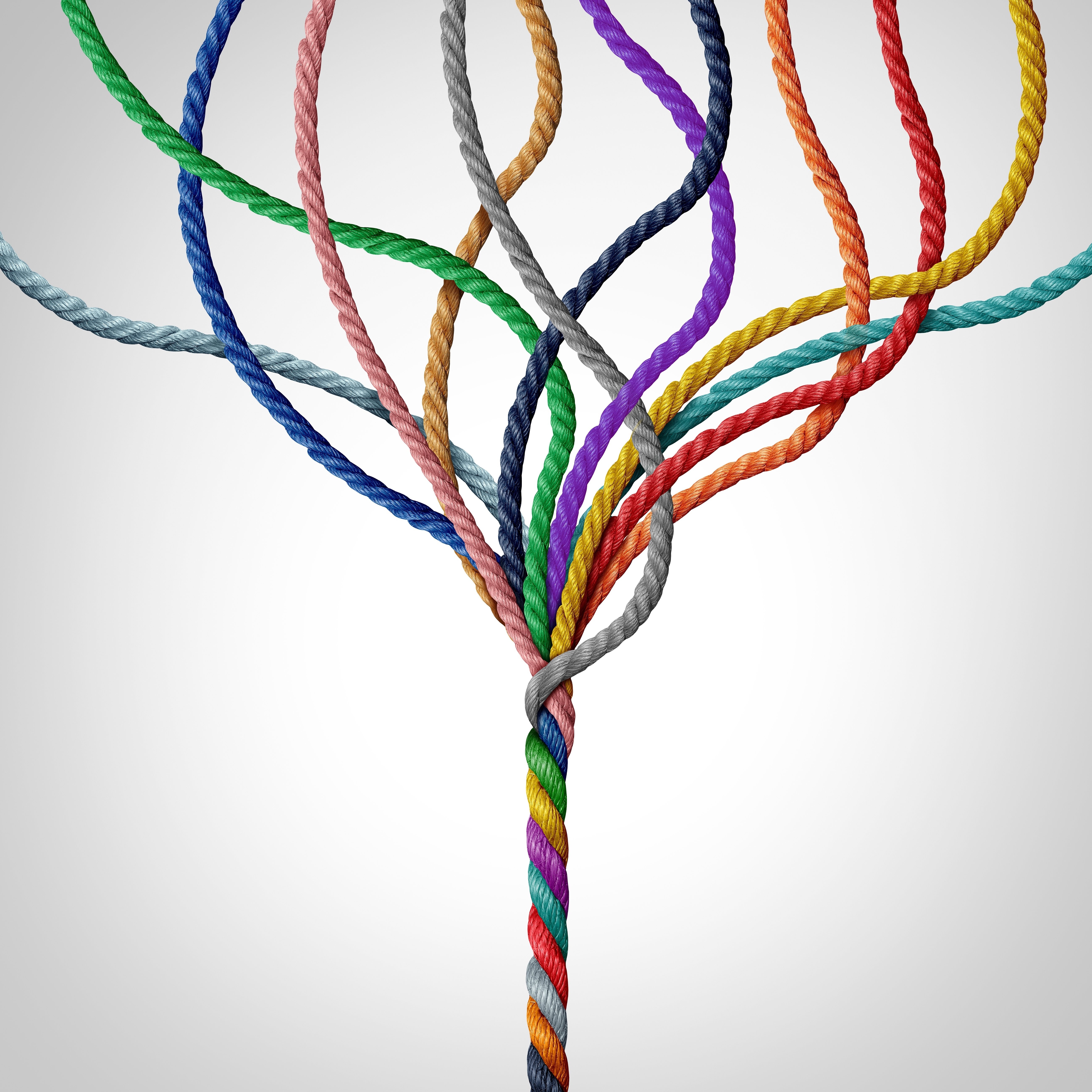Empowering Athletes: Cutting Out the Middlemen in NIL Deals
Empowering Athletes: Cutting Out the Middlemen in NIL Deals
2 min read
 nXlvl
:
Apr 29, 2024 12:40:37 PM
nXlvl
:
Apr 29, 2024 12:40:37 PM

The Pursuit of Equity: NILs and the Quest to Fairly Compensate All Players
In the wake of the Name, Image, and Likeness (NIL) revolution in collegiate sports, one of the most pressing questions that has emerged is how to ensure that all athletes, regardless of sport or prominence, have the opportunity to benefit from their NIL rights. As athletes capitalize on their fame and influence to secure endorsement deals and commercial opportunities, the quest for equitable compensation for all players has become a central focus in the ongoing dialogue surrounding NIL regulations.
The Promise of NIL: A Step Towards Equity
NIL rights have undeniably empowered college athletes to monetize their personal brands and earn income while competing at the collegiate level. However, the initial wave of NIL deals has primarily benefited high-profile athletes in revenue-generating sports such as football and basketball, leaving many athletes in non-revenue sports feeling marginalized and overlooked.
Addressing the Disparity: Challenges and Solutions
While the challenges of achieving equitable compensation for all athletes are complex, there are several strategies being explored to level the playing field:
Some advocates argue for the implementation of revenue sharing models, where a portion of the revenue generated from NIL deals across all sports is distributed among athletes, regardless of the sport or level of prominence. This approach seeks to ensure that all athletes have access to financial opportunities, regardless of the popularity of their sport.
Athletes may explore the possibility of collective bargaining and representation to negotiate fair compensation structures with universities, athletic departments, and governing bodies. By banding together and leveraging their collective power, athletes can advocate for their interests and demand equitable treatment in the distribution of NIL revenue.
Universities and athletic departments play a crucial role in supporting athletes in navigating the complexities of NIL regulations and maximizing their earning potential. By providing education, resources, and support services tailored to the unique needs of athletes in all sports, institutions can help level the playing field and ensure that all athletes have an equal opportunity to benefit from their NIL rights.
Embracing Diversity and Inclusion
At its core, the pursuit of equitable compensation for all athletes is about fostering a culture of diversity, inclusion, and opportunity in collegiate athletics. By recognizing the value and contributions of athletes in all sports, regardless of revenue-generating potential, we can create a more just and equitable system that empowers all athletes to thrive both on and off the field.
Conclusion
As the NIL landscape continues to evolve, the quest for equitable compensation for all players remains an ongoing challenge and opportunity. By exploring innovative solutions, advocating for change, and embracing diversity and inclusion, athletes, universities, and governing bodies can work together to create a more equitable and inclusive future for collegiate athletics, where every athlete has the opportunity to benefit from their NIL rights and pursue their dreams both on and off the field.

Empowering Athletes: Cutting Out the Middlemen in NIL Deals

The Pursuit of Equity: NILs and the Quest to Fairly Compensate All Players

Exploring New Avenues: NILs Seeking Diverse Revenue Streams